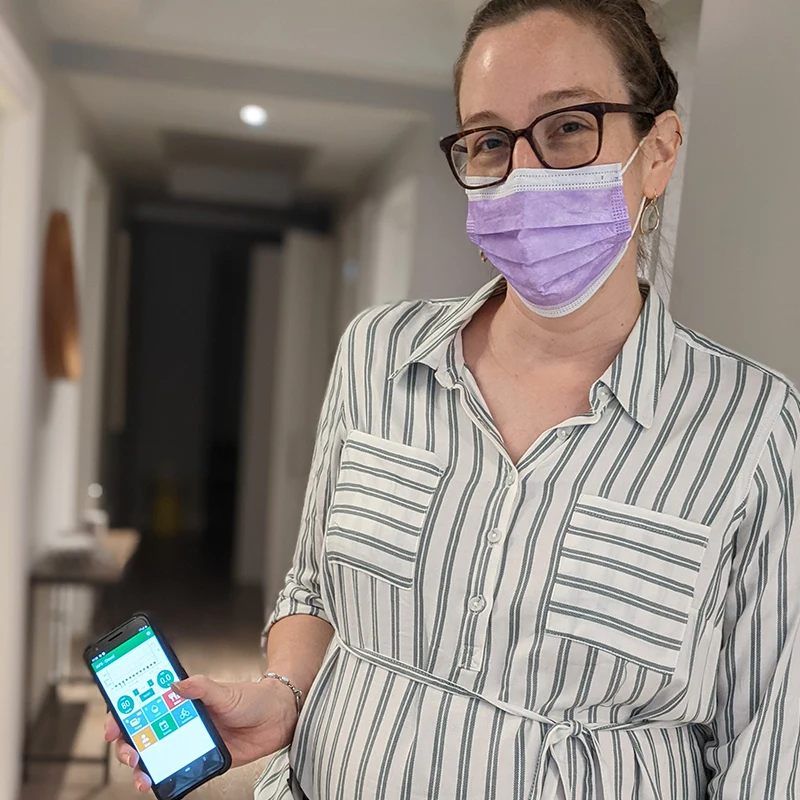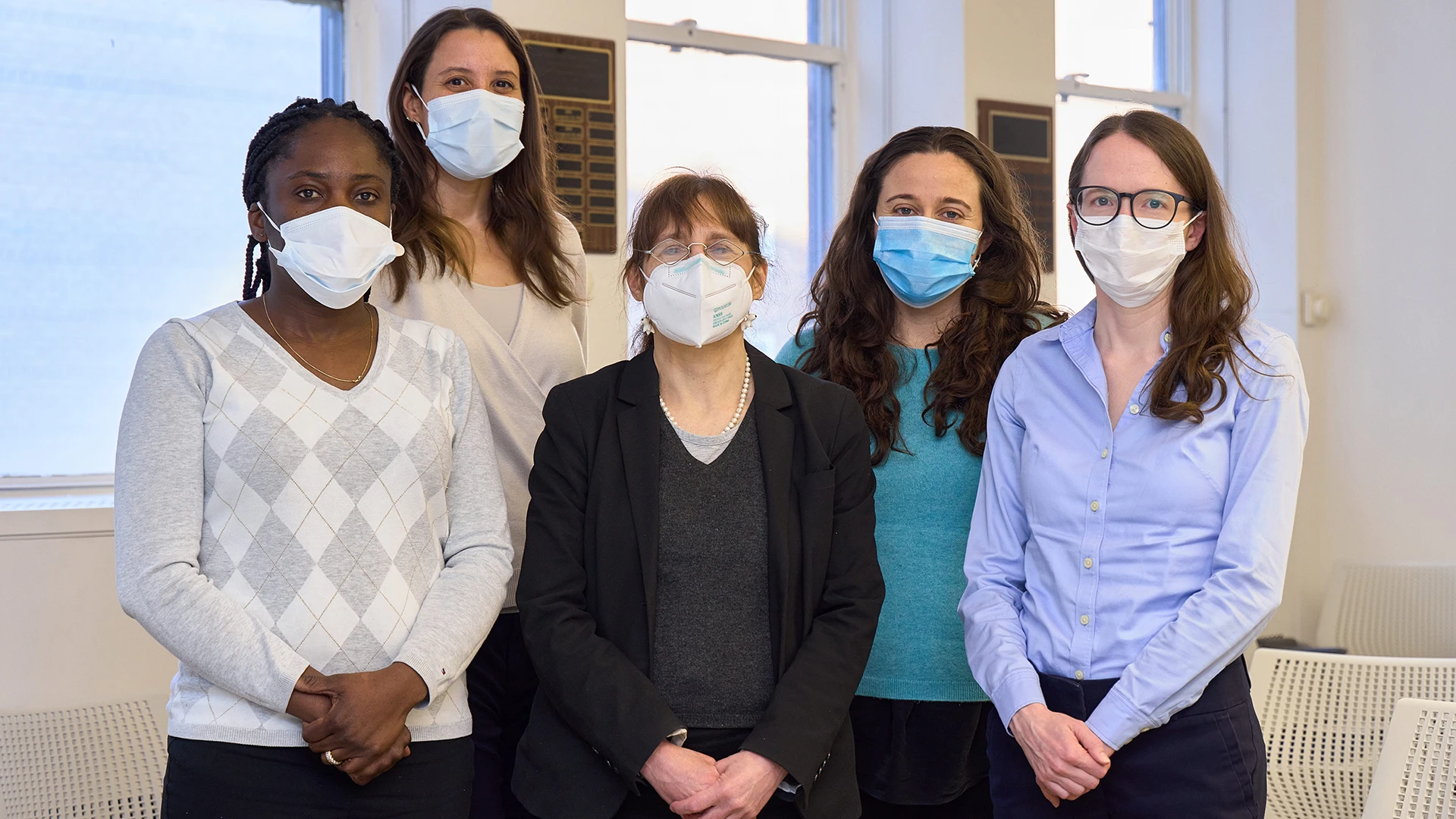Researchers at the Mount Sinai Diabetes Center have made major progress in
bringing valuable technology to pregnant women with type 1 diabetes over the past
year, despite the challenges of the COVID-19 pandemic.
Mount Sinai is one of three U.S. sites participating in a clinical trial of an
experimental “artificial pancreas” system customized for the stringent glucose
targets recommended for optimal maternal and fetal outcomes of pregnancies
complicated by diabetes. The trial at Mount Sinai is led by Carol J. Levy, MD,
Clinical Director of the Mount Sinai Diabetes Center, and Professor of Medicine
(Endocrinology, Diabetes and Bone Disease).
In the most recent segment of the trial, eight pregnant women with type 1 diabetes
tested the device in 48-hour outpatient sessions, and spent significantly more time
in the more stringent target blood glucose range for pregnancy than they had while
managing their condition at home. Based on the initial data, the U.S. Food and
Drug Administration agreed to allow the women to take the devices home with
them and use them for the rest of their pregnancies as part of the trial, and to date all
enrolled have elected to do so.
“Artificial pancreas” or “closed-loop” systems link an insulin pump and a
continuous glucose monitor (CGM) with a software algorithm that allows semi-
automated insulin delivery aimed at maintaining glucose levels within a specified
range. These systems minimize the errors that inevitably occur when patients make
multiple daily insulin dosing decisions themselves, which is necessary if the two
devices don’t communicate.
Two semi-automated closed-loop systems are currently on the U.S. market for
people with type 1 diabetes. But, they are not approved for use in pregnancy, and
they are not capable of targeting the recommended pregnancy levels of 63-
140mg/dL. The experimental closed-loop system used in the trial is the first to be
customized for those targets.
“The burden of pregnancy on the mother with type 1 diabetes is huge. It’s truly
amazing to be able to offer them this technology,” Dr. Levy says.

Courtney Constantino, a participant in the trial, in which pregnant women with type 1 diabetes
tested the device in 48-hour outpatient sessions and then went home using the system. Based on the initial data, the FDA agreed to allow the women to take the devices home with
them to use for the rest of their pregnancies.
The system’s components are a Tandem (Tandem t:AP) insulin pump, which
allows an alternate algorithm to run on it, a Dexcom G6 CGM, and a predictive
algorithm designed by The Doyle Group at Harvard. “It’s a true collaboration of
academics with industry to move this forward. Neither can do it alone. We have to
combine forces to get these products out there,” Dr. Levy explains.
The first eight trial participants were enrolled in the second or third trimester—per
FDA rules—for 48-hour sessions conducted in hotel rooms. Five of the women
were patients at Mount Sinai, where Dr. Levy is the principal investigator. The
research team presented the data for those eight women in June 2021 at the
American Diabetes Association’s annual Scientific Sessions.
The primary outcome, time spent in the target range 63-140mg/dL, was 79.3
percent with the system compared to 60.8 percent in the week prior to the study
when the women were at home, a significant difference (p = 0.03). Most women
with type 1 diabetes who are pregnant do not achieve the desired target of >70 percent
of readings in this glucose range. This result was achieved without restrictions in
food choices or carbohydrate consumption. No severe hypoglycemia or adverse
events occurred.
“This research is not for the faint-hearted. The study participants and the research
team were mostly staying in our hotel rooms in the middle of the pandemic, all
wearing masks and as indicated, getting regular COVID-19 tests. The patients are
very motivated, and so are we, because we all believe in the importance of this
research,” Dr. Levy says.
After the women take the devices home, the study team continues to monitor their
blood glucose levels with remote access 24/7. Given the FDA’s understandable
caution in studying pregnant women, “The fact that we received approval to take
home and do this study is huge,” Dr. Levy says.
More women have now been added to the trial, Dr. Levy says, with a publication
of the early data anticipated.
Dr. Levy, who has type 1 diabetes herself and gave birth to her two children before
any of this technology was available, is clearly passionate about the project. “Our
study participants want to pave the way for all women with type 1 diabetes
planning pregnancy. It’s really exciting.”

Team members, from left, Selassie Ogyaadu, MD, MPH; Camilla Levister, NP, CDCES; Carol J. Levy, MD, CDCES; Emily Ellis, RD; and Grenye O'Malley, MD.
